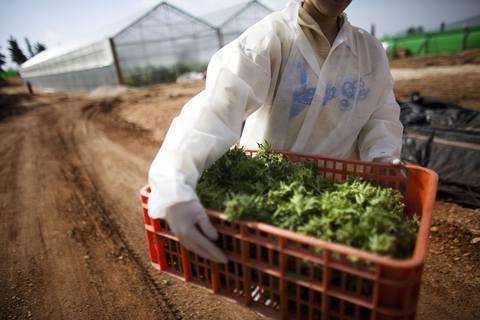With cannabis now legal in Canada, many entrepreneurs are wondering how they can participate in this flourishing new part of the economy.
In order to become a licensed cultivator or seller of medical or recreational cannabis, Canadian businesses need to be compliant with federal government regulations and, as a result, be able to provide inspectors with detailed tracking, monitoring, and reporting information on the history of every gram you grow or sell.
If you are considering branching out into the cannabis industry, here are three things you should keep in mind:
1. Businesses are Responsible for Their Compliance
The cannabis market has already shown itself to be a vibrant sector of the Canadian economy, but businesses that want to sell cannabis products need to make sure they are doing so legally. This means being licensed by the federal government, as illegal distribution or sale of cannabis can carry a penalty of up to fourteen years in jail.
The federal government has drafted an extensive guide to help cultivators and sellers stay compliant, but it is up to the businesses themselves to find ways to meet these requirements. If you want to enter the cannabis industry, you will need to make sure that your operation is in line with Canadian law.

2. Cultivators Need to Keep Detailed Records of Every Plant
One of the key aims of Canada’s Cannabis Act is keeping profits from the sale of cannabis out of the pockets of criminals, and to that end the government has introduced standards requiring cannabis products to be tracked from seed to sale.
Fortunately, there are companies that specialize in the tools producers need to keep detailed digital records for every plant grown and harvested. Using a simple barcode system, wireless scanners, and specially designed software, companies like Ample Organics make it easy for cannabis cultivators to track and record their production instantly, so high level data on each plant is stored accurately and efficiently.
Those interested in learning more about how this technology works should visit ampleorganics.com for information on how their seed-to-sale cannabis software makes cannabis compliance easier for cultivators and sellers.
3. Cannabis Cannot be Sold to Minors
The Cannabis Act is also designed to ensure that those under eighteen don’t have access to cannabis products. Selling cannabis to a minor carries a fine and up to fourteen years in prison. It is also illegal to use a youth to commit a cannabis-related offence.
Businesses and cultivators need to be hyper-vigilant about who has access to their products and who is participating in the cultivation and sale of cannabis products.

As is the case with all producers who deal with controlled substances, businesses in the cannabis industry need to be able to show that their products have been grown and harvested with the utmost care and that they are compliant with government regulations from seed to sale.
Canadians who purchase cannabis for recreational or medical purposes have a right to know that the products they are buying have been grown, harvested, processed, packaged, and sold safely and responsibly. As such, cultivators and vendors have a vital roll to play in securing public trust by demonstrating to regulators and customers alike that the cannabis products they have produced meet the highest standards of quality.